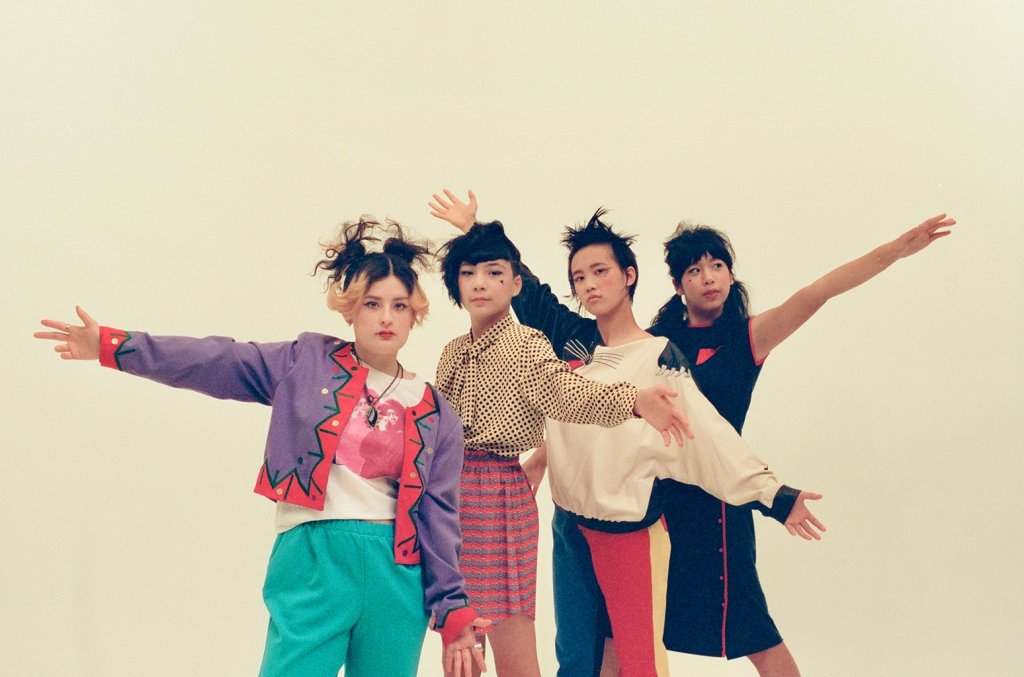As the pandemic changed the notion of what’s public, it has also challenged the performing rights societies that collect royalties for songwriters and publishers when music is played online, in stores and restaurants, and at concerts. The rise of livestreaming has created new opportunities, but many traditional businesses have struggled and concerts all but stopped for more than a year.
Those are just some of the issues faced by CISAC – the Confédération Internationale des Sociétés d’Auteurs et Compositeurs, or in English the International Confederation of Societies of Authors and Composers – according to its 2022 Annual Report, released May 26.
The report covers the organization’s “strategy review” to address longterm issues, its modernization efforts, its lobbying on behalf of creators and publishers, and its projects to support creators in Ukraine. As the global organization of collective rights management groups – a sort of society for collecting societies – the Paris-based CISAC essentially serves as a parent organization for a group of entities that need to remit money to one another in an increasingly complicated rights landscape. It includes 228 member organizations in 120 countries.
At the center of CISAC’s role in music is the ISWC, a number that identifies and tracks musical works so that royalties can be paid accurately. The organization is modernizing its system, although some of this depends on how fast creators themselves can assign a number to their compositions.
“In the last two years societies have taken the opportunity of the new modernized system to redesign their allocation procedures,” says the report, “benefitting from improved web services which allow for the central assignment of ISWCs as part of their local registration processes.”
CISAC also lobbies for its member societies, and its public policy priorities now include guiding the conversation on the copyright-ability of compositions created by artificial intelligence, as well as protecting creators from “imposed buyouts” – especially for music used in films and television shows – that can bring in significant payments at the expense of their ability to collect royalties on an ongoing basis. It also lobbies on specific issues in various countries, including China, South Africa, Israel and Mexico. It is also campaigning for a resale right for visual artists at the UN organization WIPO (the World Intellectual Property Organization).
(CISAC represents collecting societies in a variety of fields, although the ones that represent songwriters are by far the most economically significant.)
CISAC has also organized support for Ukrainian creators. So far, Creators for Ukraine has raised more than €1.2 million euros in relief, while Songs for Ukraine is promoting the work of the nation’s musicians, with the aim of generating attention as well as royalties. “We stand in solidarity with creators and with colleagues whose lives and livelihoods have been destroyed,” says CISAC director general Gadi Oron in his introduction to the report.




